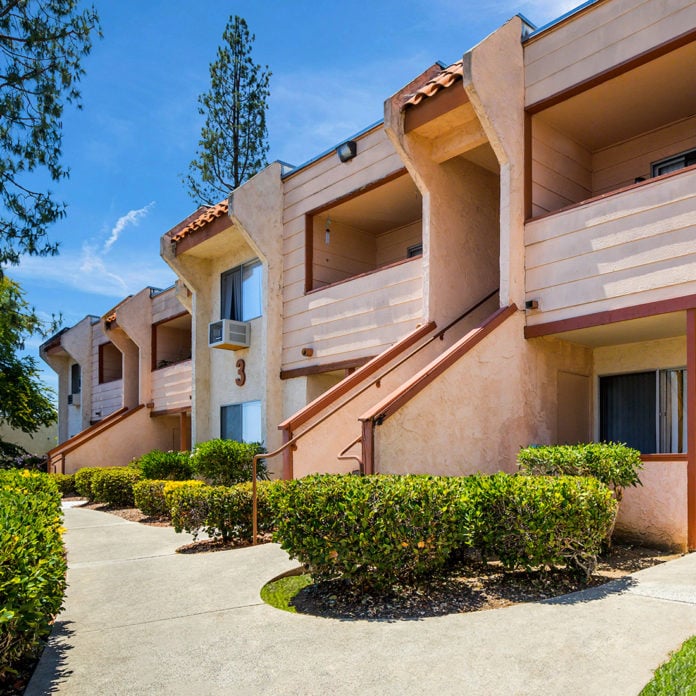Since its founding five years ago, the company has grown to 47 properties and 9,000 units in 10 states. Roughly 20% of the portfolio is geared toward seniors.
The group manages the entire portfolio internally.
“We are focused primarily on preserving affordable housing but are now also building a ground-up affordable housing portfolio,” Chief Executive Jeremy Bronfman said.
Bronfman was not always in real estate. He was previously chief executive at Enigma Technologies Inc., a software company. Before that he was involved in equity and hedge fund companies.
Bronfman founded Lincoln Avenue Capital with the goal of bringing something new to the industry.
“The sleepiness is one of the things that attracted me to (affordable housing),” he said. “I felt like it was an industry that could use an entrepreneurial approach.”
Today, roughly half of Lincoln Avenue Capital’s portfolio is in Florida. Bronfman said the company was the first to do a qualified contract deal in Florida.
“It’s really been more opportunistic,” Bronfman said. “We’ve developed a couple of good relationships with big owners there that have sold us deals.”
“It was more of an opportunistic occurrence than something that was truly strategic,” he added.
Florida’s affordable housing market is quite different from the market in Los Angeles, Bronfman said.
For one thing, it’s easier to renovate projects and recapitalize existing properties in Florida, he said, “especially because of the availability of tax-exempt bonds.”
California, on the other hand, is allocating more money toward ground-up projects, Bronfman explained.
Both markets have a significant spread between market-rate and affordable housing.
“In Florida, there is slightly less regulation but pretty sophisticated affordable housing financing. The spread to market is still very significant,” he said.
Affordable housing rents for Florida are generally 25% to 30% below market rents, he said. In L.A., however, it’s much higher at 50% below market rents.
Spreads between affordable and market-rate housing are important to Lincoln Avenue Capital, which is focused on markets with larger spreads.
“Our goal is to have affordable housing that is materially less expensive than market rate housing,” Bronfman said.
In deciding which properties to acquire, he added, the spread and price of the building are two of the most important factors for Lincoln Avenue Capital.
So far, the company has been focused on renovating existing properties.
“We invest really significantly in upgrading and expanding the affordability of our properties,” Bronfman said.
It uses low-income housing tax credits to finance renovations, which can range from adding solar power and installing new counters to putting on a new roof or conducting basic building maintenance.
But some changes are afoot.
“We scaled the business really quickly. It’s easier to scale quickly when you are buying existing product and renovating it, but we are now starting to do ground-up,” Bronfman said.
The company is also talking to local developers about financing and doing joint ventures on ground-up developments.
The Covid-19 pandemic has had some impact on the company.
“In general, the leasing remains strong, but our collections have gone down a bit as the stimulus has worn off,” Bronfman said.
For the most part, though, the company still sees high occupancy rates, and vacant units are filled quickly.
Lincoln Avenue Capital has also created resident service initiatives to help renters apply for local assistance. The company has also made donations, including food, to its senior sites.
Looking forward, Lincoln Avenue Capital is looking to add 3,000 units a year. In addition to Florida and Los Angeles, the company is interested in other West Coast markets and Texas.
In California, the company is hoping to start ground-up projects soon that will expand Lincoln Avenue Capital’s presence in the state.
By 2023, Bronfman anticipates that more of the company’s new units will be ground-up. This year, all of Lincoln Avenue Capital’s new units were acquisitions.

